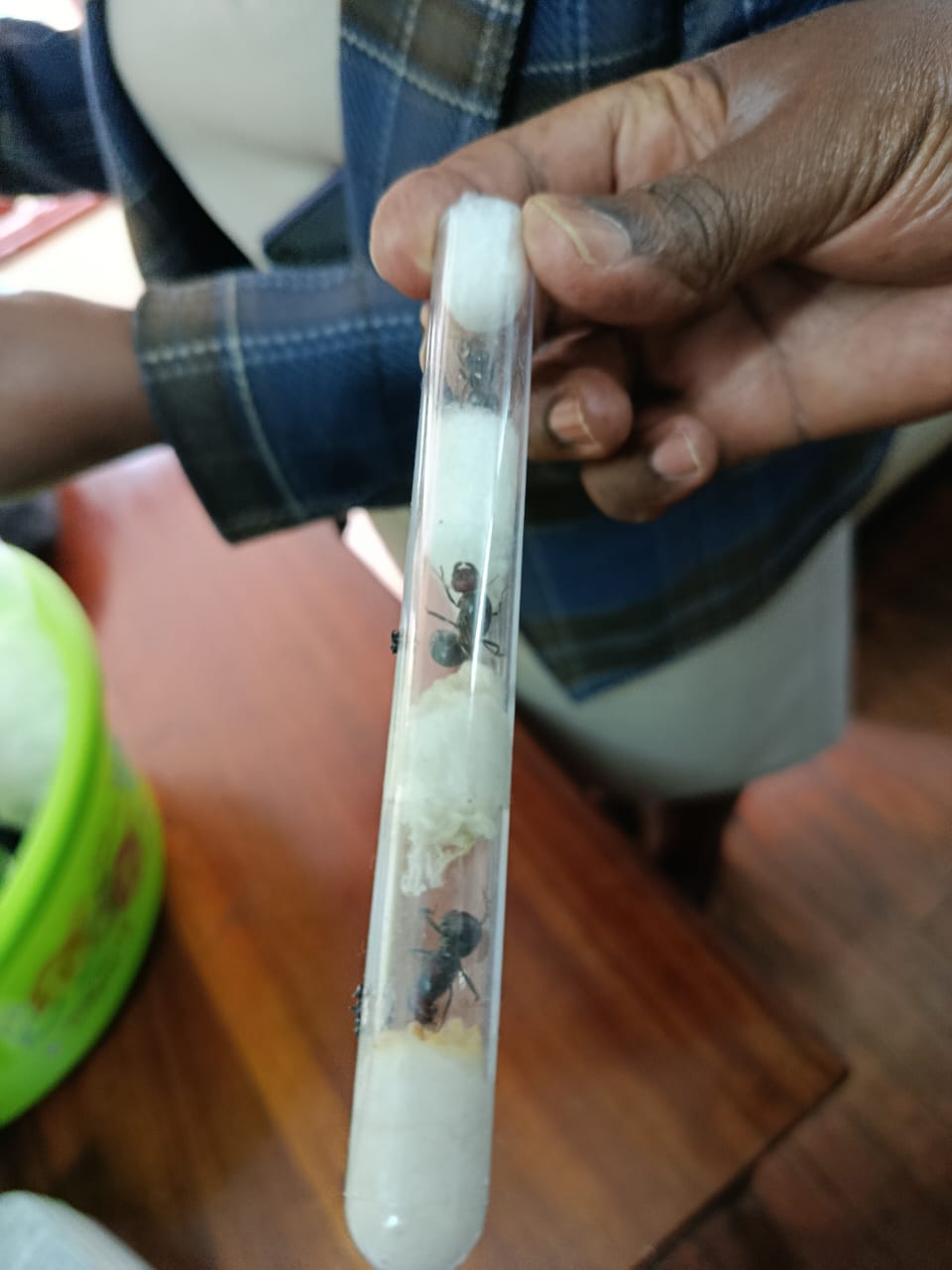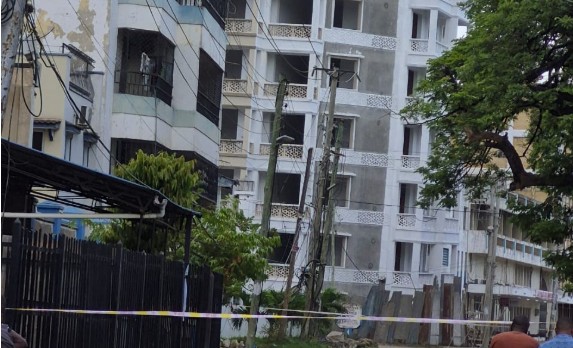Hidden threat in the pipes: Fluoride in Nairobi water endangers children’s health

The problem, often invisible to the untrained eye, is becoming more prominent as residents start noticing unusual dental issues among their young ones.
In the heart of Nairobi, families moving into new apartments are unknowingly exposing their children to dangerous levels of fluoride in their tap water, leading to alarming health concerns.
The problem, often invisible to the untrained eye, is becoming more prominent as residents start noticing unusual dental issues among their young ones.
One such parent, Jane Wambui, a mother of two, is now speaking out after her five-year-old daughter began experiencing severe dental problems shortly after moving into a new apartment in the city’s growing suburbs.
“We had just moved into this beautiful new apartment. It was all perfect, except for one thing: my daughter’s teeth started changing colour. They became yellowish, with brown stains forming. At first, I thought it was just normal teething problems, but as the months went by, the condition worsened,” Jane Wangari told The Eastleigh Voice.
Her concern grew when her child’s discomfort became too much to ignore. Wambui decided to take matters into her own hands by purchasing a water-testing kit, and what she discovered was shocking.
High fluoride levels
“After testing the water, I found that it had abnormally high fluoride levels. I couldn’t believe it,” she says.
“We’ve been drinking this water and using it to brush our teeth and washing other household items, and now I’m wondering how much damage it has caused, not just to my daughter, but to all of us.”
In Nairobi, fluoride contamination in water has become a rising issue, especially in areas where water supply sources have not been tested or adequately treated.
Fluoride, while beneficial in small amounts for dental health, can become toxic at higher concentrations, leading to a condition known as dental fluorosis.
This condition causes irreversible damage to teeth, resulting in discoloration, pitting, and in severe cases, tooth decay.
Experts in the field are now raising the alarm about the prevalence of fluoride-related dental problems in Nairobi and across Kenya.
Dr Peter Kamau, a Nairobi-based dentist, says the rise in cases of dental fluorosis among children is worrying.
“We’re seeing more and more cases of fluorosis, particularly among children in urban areas, where water supply systems are not adequately monitored for fluoride levels. This issue is now starting to affect even young children who should not be facing such dental challenges.”
Kamau advises parents to be vigilant when it comes to the quality of water their families are consuming.
“Fluoride levels in water are not something people think about unless they start experiencing problems. It’s important to monitor your child’s teeth closely for signs of discoloration or unusual stains. If you notice these issues, consider testing your water. There are affordable testing kits available that can help you determine if fluoride is the cause of the problem.”
For families concerned about their water quality, the solutions are relatively simple but can be costly. Water filters that remove fluoride are available in Nairobi, with prices ranging from Sh5,000 to Sh25,000, depending on the type and filtration capacity.
Some of the most effective filters include reverse osmosis systems and activated alumina filters. While these filters can be an investment, they can provide peace of mind, knowing that families are protecting their health.
Reverse osmosis filter
Wambui, for instance, purchased a reverse osmosis filter for her apartment.
“It wasn’t cheap; Sh30,000, including installation fees and monthly filter renewal, is expensive, but I figured it was worth it, especially considering the damage the fluoride could do to my child’s health,” she explains.
“I feel better now knowing that the water we are drinking is safe.”
In addition to installing filters, Kamau recommends that families also ensure regular visits to the dentist to monitor dental health, especially for young children.
“The sooner you detect fluorosis, the easier it is to manage. Regular dental check-ups are essential.”
Kamau recommended at least four dental visits in a year to ensure healthy teeth.
Despite the solutions, the larger problem remains the lack of consistent water quality control in Nairobi’s growing suburbs.
With more families moving into newly developed apartments every day, the demand for clean and safe water is rising, but regulation and monitoring of water quality is still wanting.
Other challenges
The issue of fluoride contamination is just one aspect of the larger challenges facing Nairobi’s water systems, which also include pollution, inadequate infrastructure, and water scarcity.
As Wambui’s story shows, the consequences of poor water quality can go beyond just health concerns, they can disrupt families' daily lives and lead to costly solutions.
With the right knowledge, however, families can take steps to protect themselves and their children from hidden health risks lurking in the water supply.
“I’m sharing my story so other parents don’t have to go through what we did,” Wambui says.
“It is very expensive, even the cost we used for her treatment, and now the whole family. We all trust the tap water, but it’s clear now that we need to be more cautious and proactive.”
Nairobi residents, especially those in newly built apartments, are urged to take extra precautions when it comes to the quality of the water they drink. Regular water tests, affordable filtration systems, and vigilance can help keep families safe from the hidden threat of fluoride contamination.
Top Stories Today










































